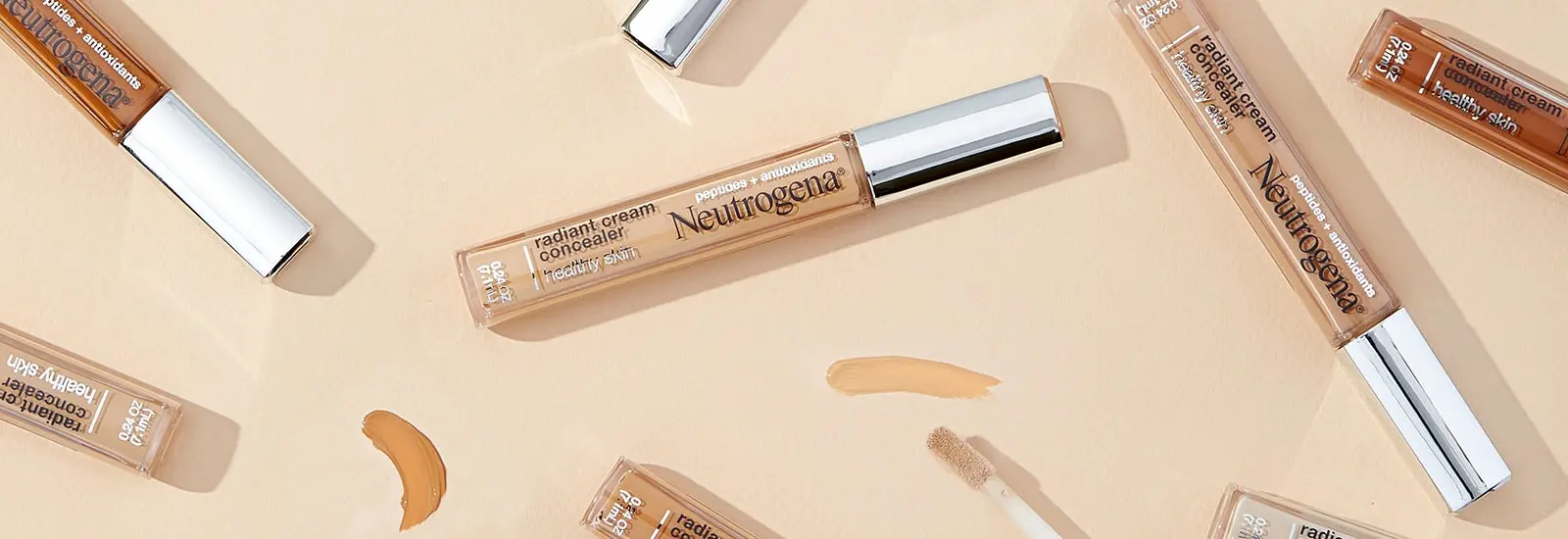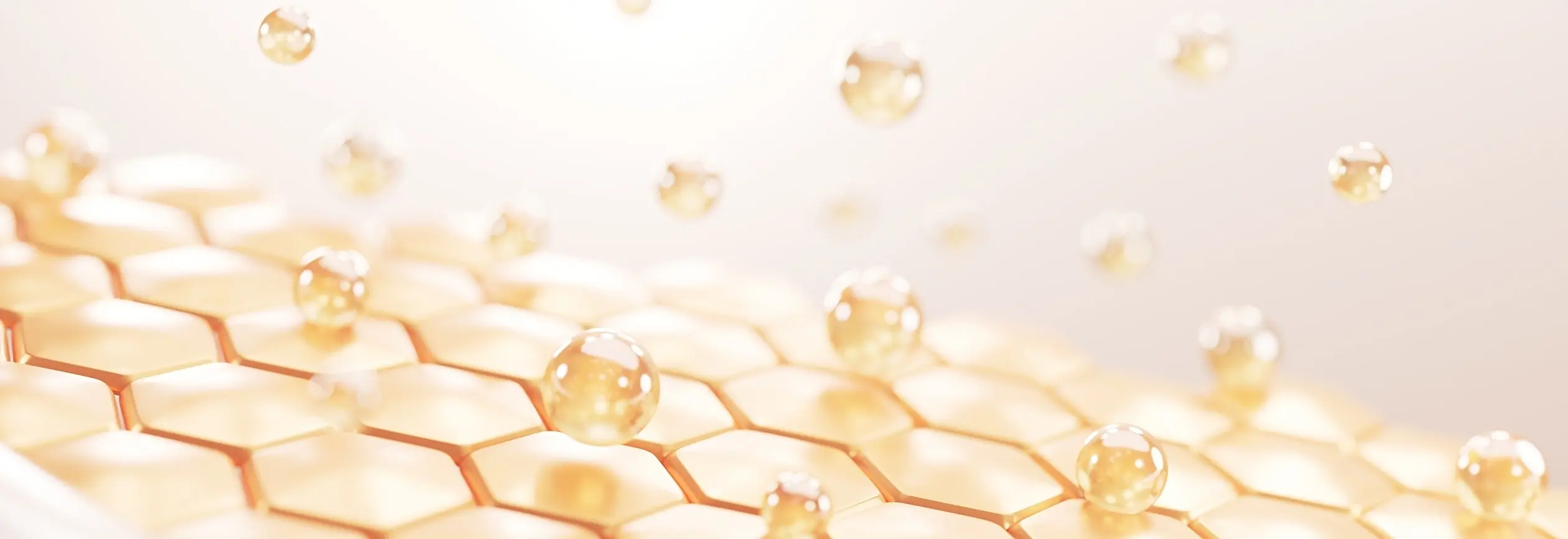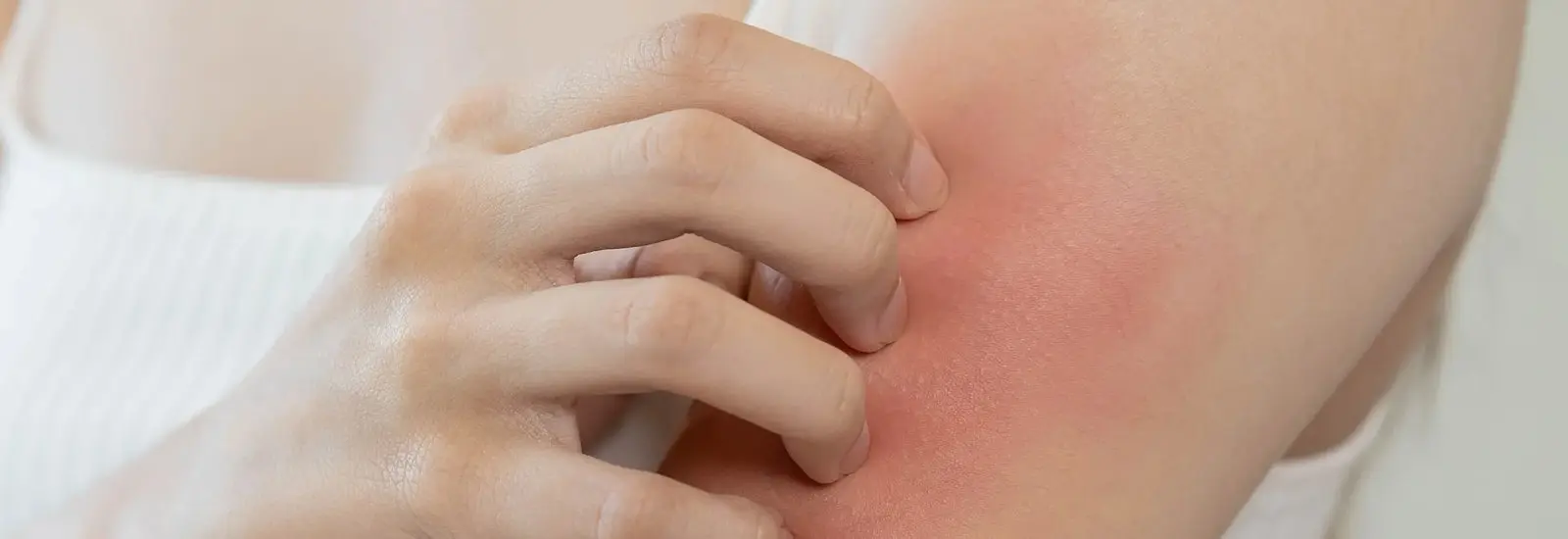Welcome to the Bar
When you have all the facts, you can feel confident in your skin care journey – that’s why we created The Bar. Browse our articles to dive deeper into ingredients, learn the science behind skin and get tips for your routine.
Popular Articles

Acne
Why Use a Face Toner?
Learn how toner goes the extra mile to clean out and close-up pores

Skin Science
What to Know About Benzoyl Peroxide vs Salicylic Acid
When it comes to the best ingredients for fighting acne, there are two that stand out above the rest: benzoyl peroxide and salicylic acid.

How To
CONCEALER BENEFITS & SIX DIFFERENT USES
by Jana K. Hoffman March 10, 2023
Discover how to boost your skin's vitals
Simply scan your face and answer a few questions for customized products to help support your skin’s vital functions and skincare needs.
How To
Double cleansing: what it is, how to do it, and when to skip it
This article will break down what double cleansing really is, who might benefit, and how to build a routine that’s gentle and dermatologist-approved. You’ll also learn when it might be better to scale back or skip double cleansing so you can protect your skin barrier and avoid over-washing.
by Neutrogena Dec 16, 2025
How To
How to get rid of dark circles under eyes
Dark circles can make you look tired even when you feel fine. The good news? They’re very common, and in most cases, just a cosmetic concern.
This guide breaks down how to tackle dark circles under eyes based on what’s really causing them, with practical at-home tips, smart skincare, and guidance on when to see a dermatologist.
by Neutrogena Dec 16, 2025

Skin Care
How to prep skin for makeup: your go-to routine for flawless application
Learn everything you need to know about how to prep skin for makeup that looks amazing and stays put every time you apply.

Skin Care
Post-festival skincare tips: revitalizing your skin after the party
Did that music festival feed your soul but suck your skin dry? Try these skincare tips to help improve post-festival skin, scalp and hair.

Skin Care
What is collagen: Neutrogena skincare ingredient glossary
by Liz Thompson June 28, 2024

Skin Care
Collagen skincare 101: technology & uses
by Liz Thompson June 28, 2024

How To
How To Get a Smooth Shave Every Time
by Neutrogena May 31, 2024

Skin Care
6 New Year Skincare Tips To Help Restore Your Skin Microbiome
by Anubha Charan May 31, 2024

Skin Science
What Are Ceramides & What Do They Do For Your Skin?
by Neutrogena May 31, 2024

Skin Care
Tools for your face: what is Gua Sha?
by Neutrogena May 31, 2024

Skin Health
How To Know if You Have Sensitive Skin: 5 Signs
by Diana Kelly Levey April 30, 2024

Skin Care
How To Get Clear Skin: 6 Key Ingredients and Tips
by Liz Thompson April 30, 2024



